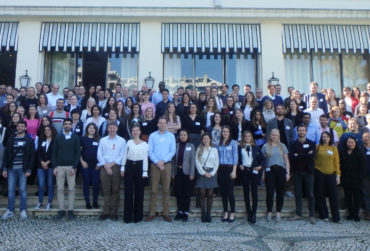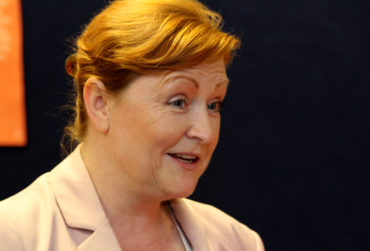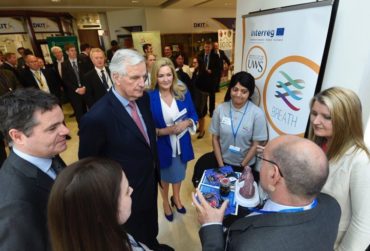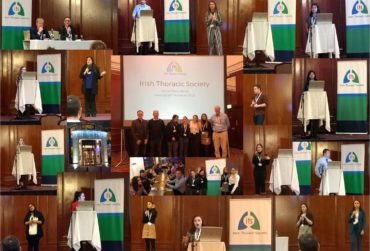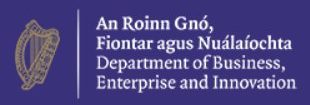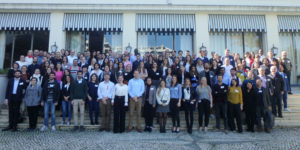
The 18th Lung Science Conference held by the European Respiratory Society took place in Estoril, Portugal from the 5-8th March. The meeting took place across four days which included scientific presentations of outstanding quality. The theme of the conference this year was “Metabolic alterations in Lung Ageing and Disease”. The aims of the meeting were threefold: to present the very best of international lung science research; to highlight new discoveries likely to impact on the future of respiratory medicine, and; to encourage debate and interaction between young postdoctoral scientists and established investigators. As always at the Lung Science Conference, they placed a great deal of emphasis on allowing time for discussion after the plenary and short talks, in the poster sessions and within the social programmes.
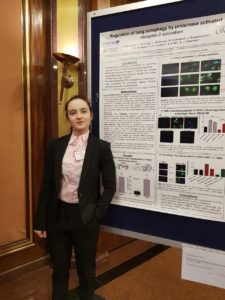
The research themes presented crossed the boundaries between many respiratory diseases. Excellent abstracts were selected by the organizing committee following blinded international peer review. As usual at the LSC, three competitions were held: The William MacNee Award (Young Investigator session), The Geoffrey Laurent Award (Best Oral presentation) and The Distinguished Poster Award (best poster).
The opening lecture was given by Dr Luke O’Neill (Dublin, Ireland) and was titled “Metabolic reprogramming in innate immunity and inflammation” and gave valuable insight into respiratory mechanisms of diease as well as an informative discussion of his past research with NLRP3. The highlights of day 2 included oral presentations by: Annika Karger (Bad Nauheim, Germany) – “Long non-coding RNA ADPGK-AS1 controls anti-tumour
Immunity in macrophages through metabolic modulation”, Matt Whiteman (Exeter, United Kingdom) – “Mitochondria-targeted H2S suppresses and reverses cigarette smoke induced inflammasome activity and lung injury in experimental COPD”. Day 2 also included my poster session where I received valuable feedback from experts in the respiratory field.
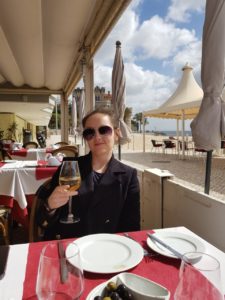
The highlights of day 3 included oral presentations from former ERS president Professor Peter Barnes titled “Senotherapies for chronic lung disease” and Christina Brandenberger (Hannover, Germany) – “Aging causes alveolar epithelial type II cell dysfunction in acute lung injury”.
The final day highlights included amazing talks given by Marco Buscetta (Palermo, Italy) – “Caspase-1 activation by cigarette smoke occurs via TLR4/TRIF/caspase-8 axis leading to metabolic alterations in human macrophages”.
Further, the quality of the poster presentations was admirable with some thoroughly interesting work being done particularly in the field of asthma and IPF research. Overall, I was able to experience some excellent symposia sessions as well as short oral presentations and posters on a range of subjects. This was my first time at ERS LSC and I was thankfully able to expand my network through having fantastic discussions with researchers and clinicians in the respiratory field; this can only serve to benefit me and my work in the future.
Back to Latest News
